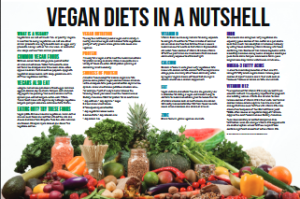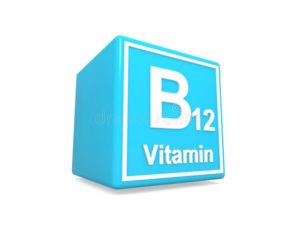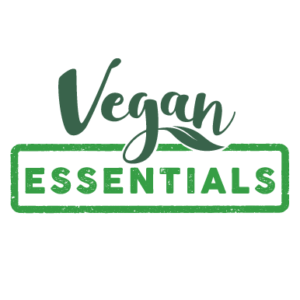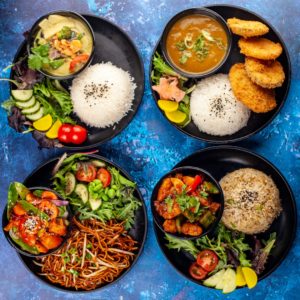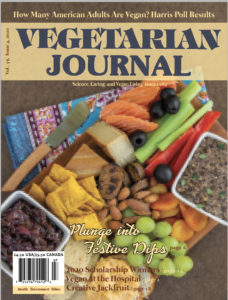Vegan Restaurants Added to The Vegetarian Resource Group’s Guide to Veggie Restaurants in the USA and Canada
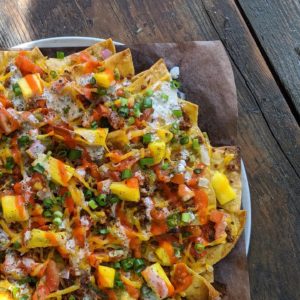
The Vegetarian Resource Group maintains an online Guide to Vegan/Vegetarian Restaurants in the USA and Canada. Here are some recent vegan restaurant additions. The entire guide can be found here: http://www.vrg.org/restaurant/index.php
To support the updating of this online restaurant guide, please donate at: www.vrg.org/donate
Here are some new additions to VRG’s guide (Note: Due to the COVID-19 pandemic many are doing take-out and/or delivery now):
Blossoming Lotus Café and Juice Bar, 2122 NW Quimby St., Portland, OR 97210
Blossoming Lotus Café and Juice Bar offers a variety of plant-based foods, from smoothies to juices to green bowls. Green bowls feature a variety of vegetables including kale, avocado and edamame. The smoothies and juices include ingredients with a priority on various health themes. For example, the café offers a “heart strong” smoothie, and a “resilience and immunity” smoothie. They also offer dishes such as Mac and Cheese Bowl, Beet Crunch Bowl, Bibimbap, and more.
Dee’s Vegan To Go, 1540 West Blvd., Ste. 100, Charlotte, NC 28208
Dee’s Vegan To Go restaurant is a family restaurant that strives to serve sustainable meals to all families. They work hand in hand with local farmers in North Carolina. They first opened back in 2016 at the Charlotte’s Regional Farmers Market. They even work with artisans to help them run their bakery and café, completely served with vegan ingredients. When it comes to what they have on their menu, you can slurp up their homemade lemonade drinks or gorge on their sweet potato spice cake desserts! For entrees they provide jambalaya, teriyaki “chicken,” and mac and cheese. They also make an array of soups and sandwiches.
Earth Based Café, 329 Winchester Ave., Martinsburg, WV 25401
Earth Based Café offers various vegan renditions of American favorites. The expansive menu includes gourmet burgers and hotdogs, such as the Slawdog with coleslaw. The menu also contains subs and sandwiches, including the Buffalo “Chik’n” Sandwich. In the mood for something light? Try one of the eight salads – such as the Moroccan salad with greens, chickpeas, and mushrooms. Don’t forget to try one of the various appetizers – including their popular Mini Belgian Waffles with Buffalo “Chicken” Dippers.
Gegen, 5101 W.Sunset Blvd., Los Angeles, CA 90027
Gegen is most famous for their vegan burgers and fries. They also offer different vegan subs like sausage, hot dog sub, and falafel subs. They even make most of their drinks, from smoothies to chia seed rose water. Their breakfast items are the most diverse part of the menu. They make anything to acai bowls, bagel with cream cheese with tomato and basil, to no-bake protein balls. They also make their own pizzas and provide plenty of gluten-free options.
Riley’s Vegan Sweets and Eats, 1233 W. Brons Ave., Peoria, IL 61604
Birthday Cakes, donuts, brownies, cookies, cinnamon rolls, Oh my! Whether you’re looking to satisfy your sweet tooth or bite into a dessert that tastes as good as it looks, Riley’s Sweets and Eats has you covered. Their cruelty-free treats are made from scratch with organic ingredients.
The Purple Mint, 6171 Mission Gorge Rd., Unit 118, San Diego, CA 92120
The Purple Mint serves many different options of Vietnamese entrées, starters, noodle soups, salads, and vegan milk iced teas. One of their most popular entrees is the “black rice pasta in coconut milk,” along with many of their dishes, most are made with coconut milk for the flavor and extra creaminess in the dishes. They even have vegan orange “chicken!”
Tucos Tacos Lounge, 582 Kathleen St., Sudbury, ON P3C 2N3 Canada
With a casual vibe, and laid-back ambience, some of the delicious vegan dishes they offer include the signature Carnitas Tacos, which are filled with jackfruit carnitas, pico de gallo, and vegetables. Another dish to try is the Chili van Cleef made with house made seitan and soy chorizo chili. Other offerings include various tacos, burritos, nachos, salads, and churros for dessert.
Vegan Picnic, 1323 Polk St., San Francisco, CA 94109
Vegan Picnic offers a variety of dishes from sandwiches to breakfast foods. The menu has plant-based protein as a substitute for meat. The sandwiches range from hot sandwiches such as chicken and steak sandwiches to cold sandwiches such as caprese and “egg” salad. Further, breakfast foods include waffles and breakfast burritos.
Zhu Vegan Kitchen, 220 Washington St., Brookline, MA 02445
Zhu Vegan Kitchen offers an array of entirely vegan Chinese, Japanese, and Thai food, with plenty of gluten-free options as well. Main courses include General Tso’s Soy Protein, Kung Pao Eggplant, and Sweet and Sour Soy Protein. Noodle and rice options include Stir-Fried Udon and Pad-Thai. Don’t forget to try a dessert – such as fried ice cream or a banana spring roll – on the way out!
